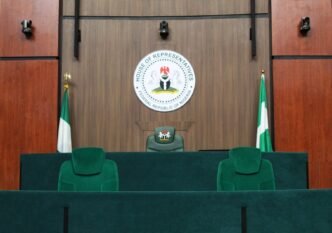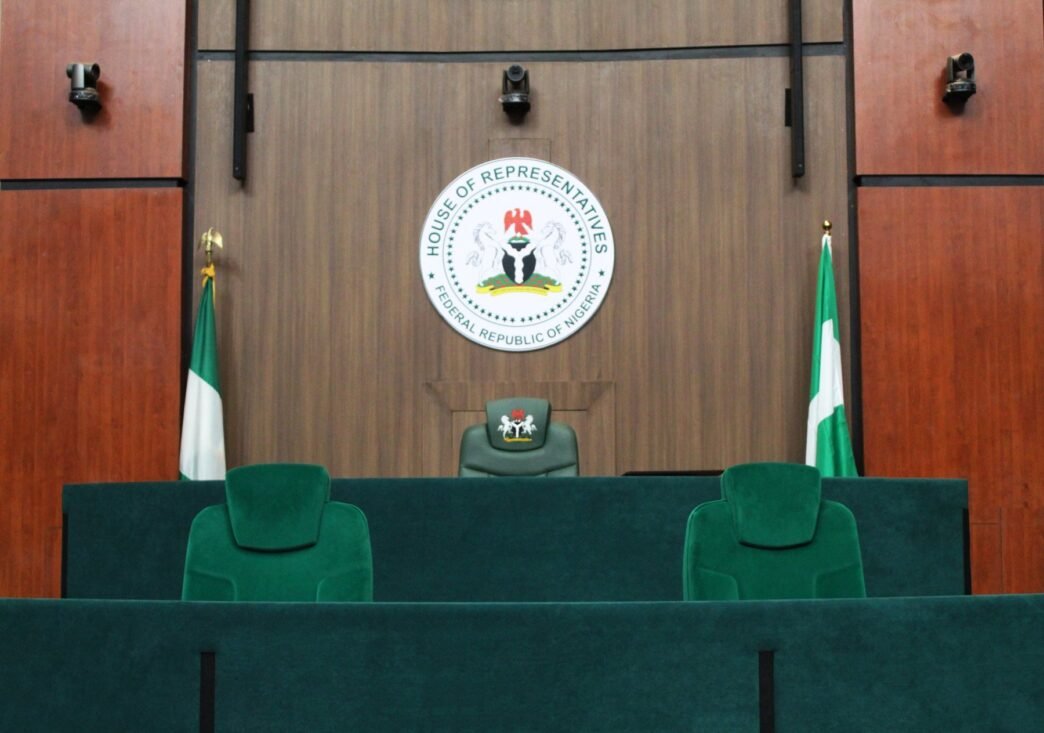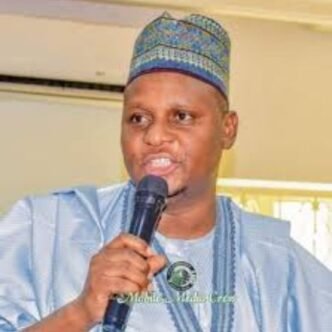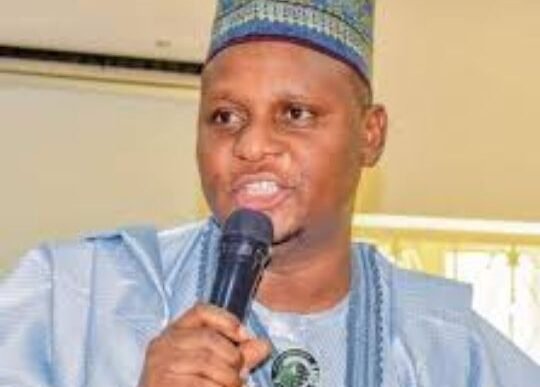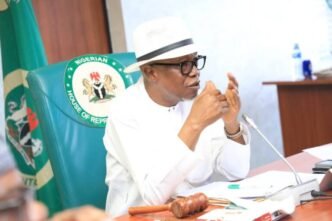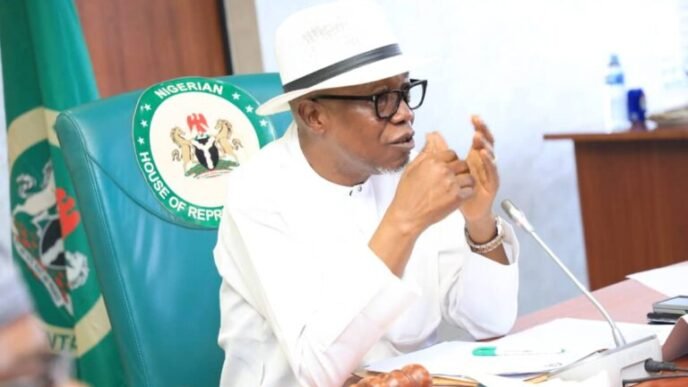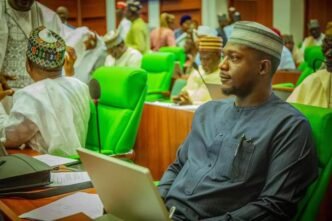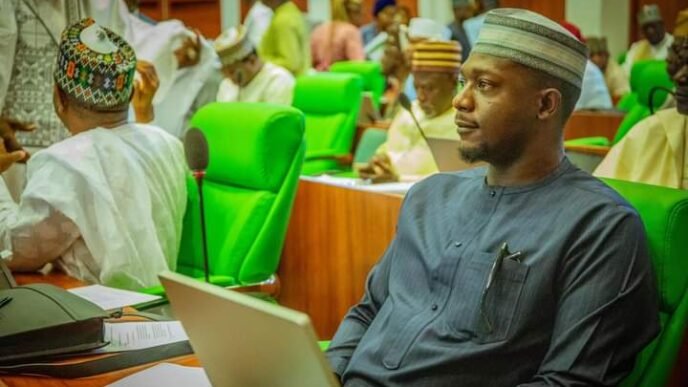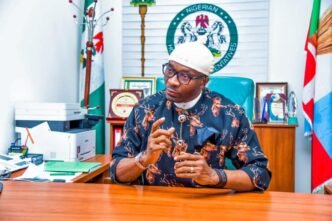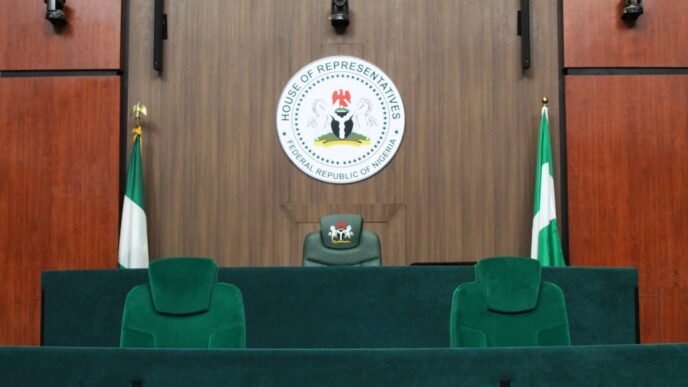HB. 994– A BILL FOR AN ACT TO ALTER THE CONSTITUTION OF THE FEDERAL REPUBLIC OF NIGERIA TO REVIEW THE GROUNDS FOR THE REMOVAL OF PRESIDENT OR VICE PRESIDENT OF THE FEDERAL REPUBLIC OF NIGERIA; AND GOVERNOR OR DEPUTY GOVERNOR OF A STATE FROM OFFICE AND FOR RELATED MATTERS. Bill Progress: Committee Stage.
This Bill seeks to alter Section 143 and 188 of the Constitution so as to clearly spell out the actions or inactions (one of which includes decamping from one political party to another where there is no evidence of division or crisis in his original party) which a President, Vice-President, Governor or Deputy Governor may commit that will constitute gross misconduct and will make him or her liable to be removed by either the National Assembly or State House of Assembly
The Nigerian House of Representatives has introduced Bill HB. 2166, which seeks to amend the Constitution of the Federal Republic of Nigeria. The bill, titled “A BILL FOR AN ACT TO ALTER THE CONSTITUTION OF THE FEDERAL REPUBLIC OF NIGERIA, ACT NO 1 OF 2010, TO PROVIDE FOR REGULATION OF ELECTION TIMELINES BY THE ELECTORAL ACT, AND FOR RELATED MATTERS,” aims to shift the regulation of election timelines from constitutional provisions to the Electoral Act.
The primary objective of HB. 2166 is to enhance the flexibility of Nigeria’s electoral framework. Currently, several election-related timelines are entrenched in the Constitution, which complicates the process of making necessary adjustments. Amending the Constitution requires substantial consensus and a lengthy legislative process. By allowing these timelines to be governed by the Electoral Act, the bill proposes a more agile approach, enabling timely adjustments in response to evolving circumstances or insights gained from previous elections.
A significant aspect of this legislative proposal is its potential to improve the responsiveness of the Independent National Electoral Commission (INEC), the body responsible for conducting elections in Nigeria. Presently, INEC faces challenges due to rigid timelines dictated by the Constitution. Empowering the Electoral Act to regulate these timelines would provide INEC with the flexibility needed to plan and execute elections more effectively, facilitating swift modifications without the delays associated with constitutional amendments.
Additionally, HB. 2166 seeks to address several historical challenges within Nigeria’s electoral process. Issues related to party primaries, voter registration, and the filing and resolution of election petitions have been ongoing concerns. By providing a more adaptable legal framework through the Electoral Act, the bill aims to better prepare Nigeria’s electoral system to tackle these persistent problems.
It is important to note that the process of amending the Constitution in Nigeria is complex and requires careful navigation. To become law, HB. 2166 must secure approval from both the House of Representatives and the Senate, along with assent from a majority of State Houses of Assembly. As such, the bill’s passage and eventual implementation will rely on significant legislative support and political consensus among lawmakers.
As discussions regarding HB. 2166 move forward, the potential implications of this legislative reform could significantly enhance the efficiency and effectiveness of Nigeria’s electoral governance. If successful, the bill could lead to a more responsive and adaptable electoral process, ultimately strengthening democracy in Nigeria.
